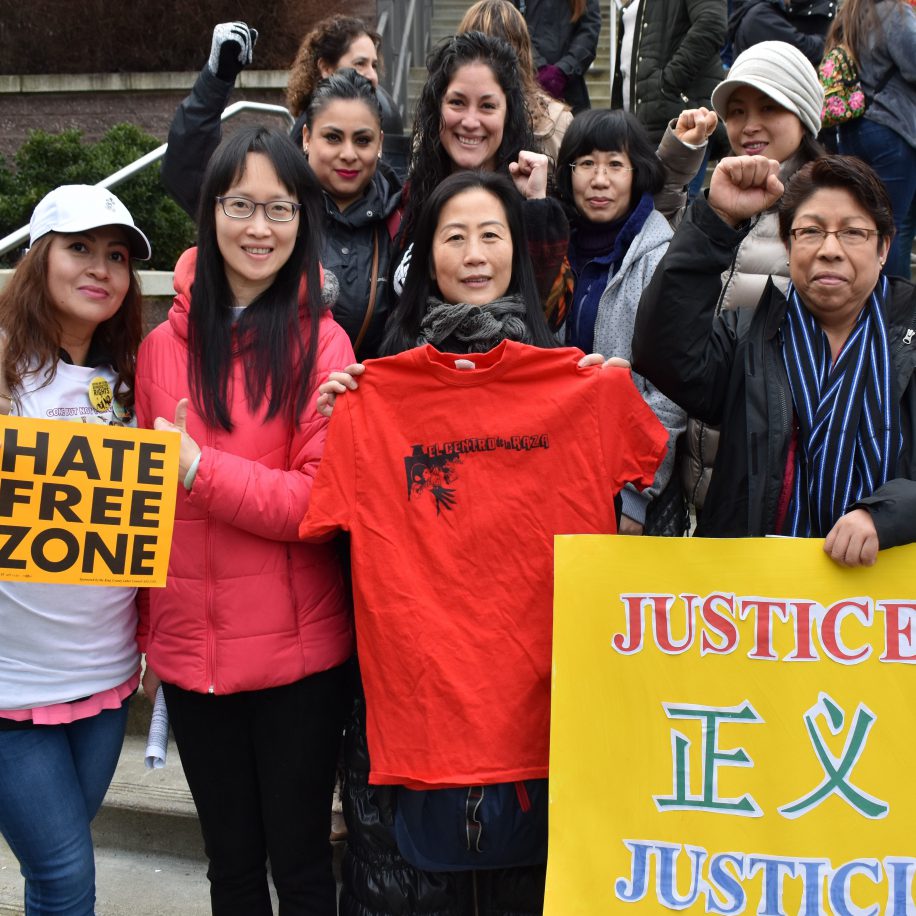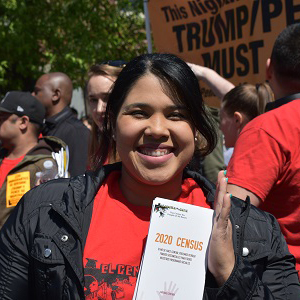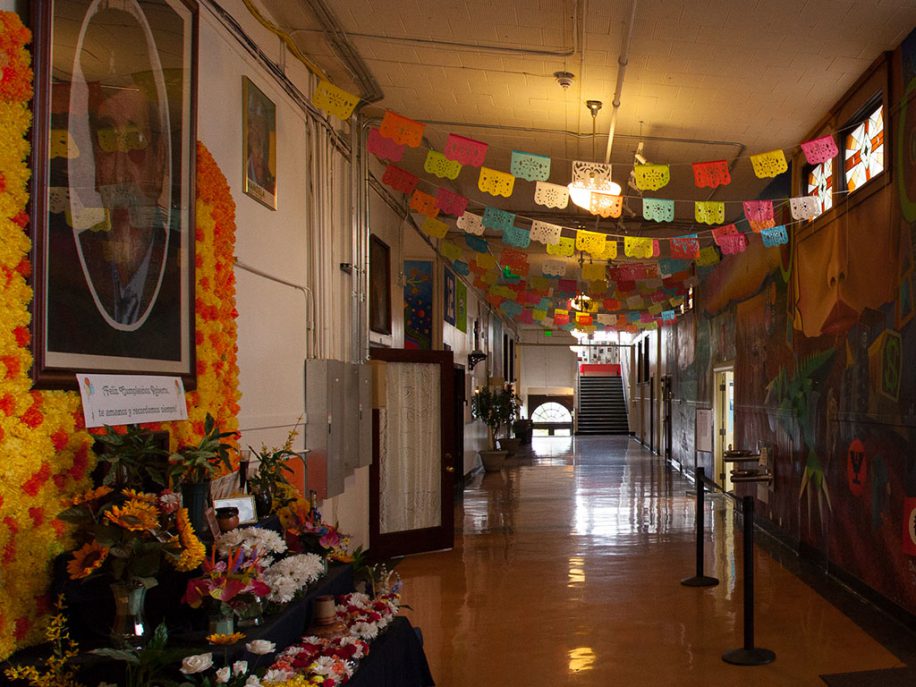Some of the darkest chapters in our nation’s history involve the barbaric act of taking children from their parents: Black children were sold as property during slavery, and Native American children were stolen to strip them of their culture. Now it is the children of the immigrant Latino community that is being victimized by Trump’s policies to halt undocumented immigration and asylum seekers.
Impacts of Family Separation on Children’s Development
Trump is violating the human rights of innocent children. Babies as young as 12 months old are being separated from their mothers. That act is child abuse. Starting in October 2016, nearly 1,800 immigrant families faced forced separation. However, since Trump took office, his administration has only inflated that figure. If we were to take a snapshot of his policies, we see that between May 6 and May 19 in 2018, 658 children were separated from 638 parents.
Separating children from their parents is so traumatic for their developing brains that it should be considered inhumane. Doctors state that separation will predispose affected children to a lifetime of health problems. According to Dr. Lisa Fortuna, director of Child and Adolescent Psychiatry at Boston Medical Center, “Separations from… parents, especially in moments of extreme distress and displacement, has [a] very negative impact on child well being, mental health, and development.” Those effects are not only detrimental but also irreversible.
False Rhetoric about Immigrant Communities
Latino children and parents are being torn apart as a mid-term election strategy for Trump to mobilize his base. Our children are being given up as political red meat while Trump is using dog whistle language claiming they are not like your children. Therefore, they are less than human.
The Department of Justice’s Zero Tolerance Policy of separating children from their parents at the border is immoral and sinful. This is not who we are as a people. This is not who we are as a country. Our values are compassion and empathy for the most vulnerable. We do not abandon those that experienced persecution, trauma, and extreme distress.
We are in a time when many vulnerable communities are demanding legal representation and protection. Therefore, we must not normalize the fears carried by immigrant families that they will be raided and persecuted. Immigrants and asylum seekers should not be used in the political rhetoric as a scapegoat to make the U.S. vulnerable. However, the effects of stricter immigration enforcement weaken our country. For example, in December 2017, NPR has reported on the anticipated landscape worker shortage as a result of the policy enforcement. We are hearing stories coming from Ohio that owners are struggling to address the shortage issue.
Take Action Now
We call upon men, women, youth, and all other people of good will to DEFEND OUR CHILDREN. We need your help in making calls, sending emails to your Congressional delegation, using your voice, and visiting holding sites to shed light on these injustices. Use all your power to force the administration to end these cruel abuses. Our children as all children should be the hope of the world. Please join us in dismantling the barbaric practice of separating families at the border by:
• Urging your elected officials to support the passages of the bipartisan HELP Separated Children Act (H.R. 5950 | S.B. 2937).
• Pressuring the Department of Homeland Security to abandon the costly and inhumane practice of separating families.
For more information, please click here for a timeline of Trump rolling back protections for children and what is a myth and what is a fact.
Senators:
Patty Murray: 206-553-5545
Maria Cantwell: 206-220-6400
District Representatives:
Suzan DelBene: 425-485-0085
Rick Larsen: 425-252-3188
Jaime Herrera Beutler: 360-695-6292
Dan Newhouse: 509-713-7374
Cathy McMorris Rodgers: 509-529-9358
Derek Kilmer: 360-797-3623
Pramila Jayapal: 206-674-0040
David Reichert: 425-677-7414
Adam Smith: 425-793-5180
Denny Heck: 253-533-8332




